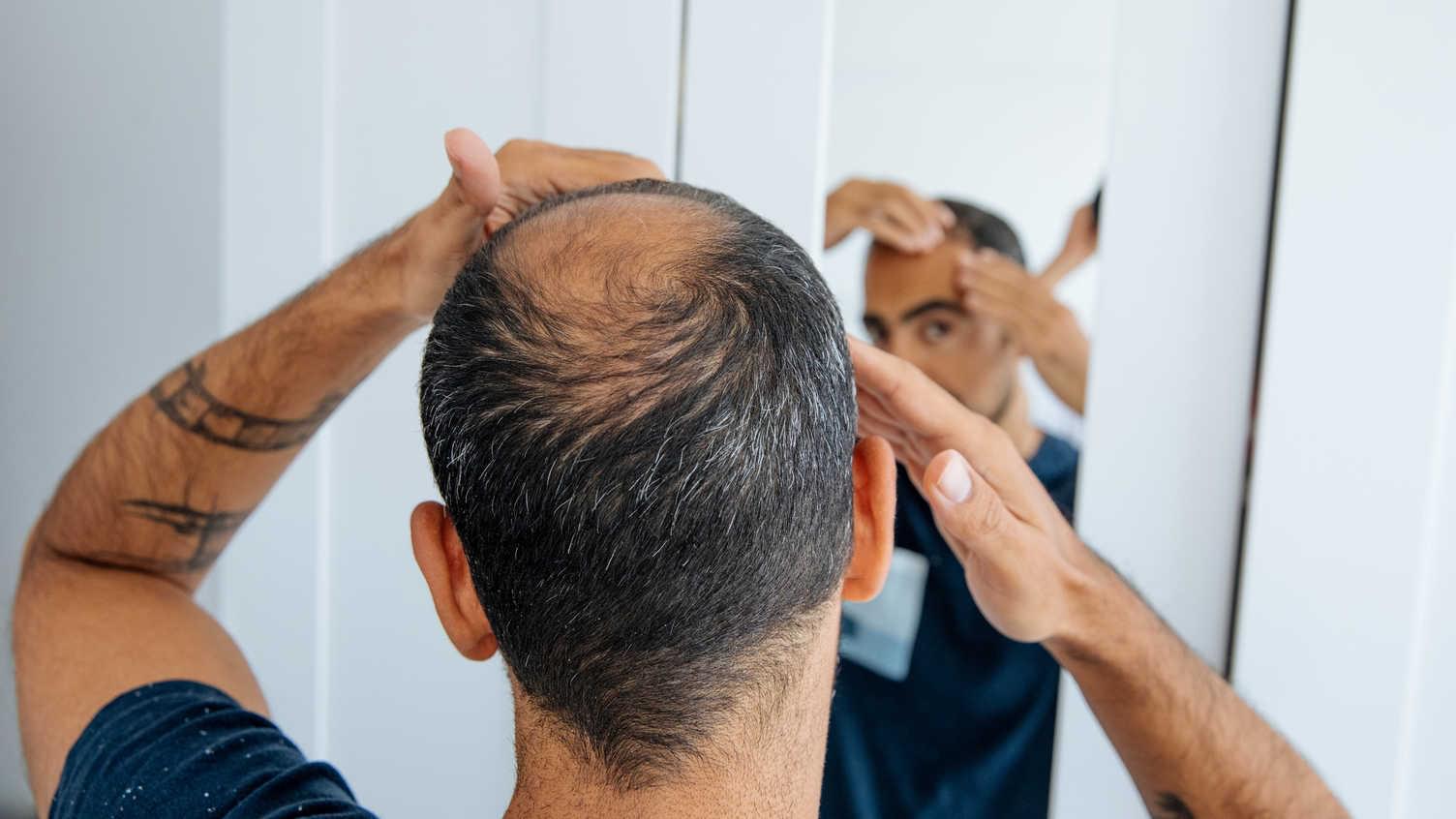In a study published in the journal Frontiers in Pharmacology, researchers have discovered that a sugar called 2-deoxy-D-ribose (2dDR), which plays a fundamental role in various biological processes both in animals and humans, can stimulate hair to regrow in mice.
Over the past eight years, scientists from Sheffield and COMSATS University Pakistan have been studying how the sugar can help to heal wounds by promoting the formation of new blood vessels. During the research, the team also noticed that hair around the healing wounds appeared to grow more quickly compared to those that hadn’t been treated.
To explore this further, the scientists established a model of testosterone driven hair loss in mice — similar to the cause of pattern baldness in men. The team found that applying a small dose of the naturally occurring sugar helped to form new blood vessels, which led to hair regrowing.
Findings from the study show that the deoxy ribose sugar is as effective at regrowing hair as Minoxidil — an existing drug used to treat hair loss. However, the research offers a potential alternative approach to stimulating hair growth through a naturally occurring deoxy ribose sugar-from 2024.
The key to curing male pattern baldness — a condition that affects up to 50 per cent of men worldwide — could lie in a sugar that naturally occurs in the human body, according to scientists at the University of Sheffield.
